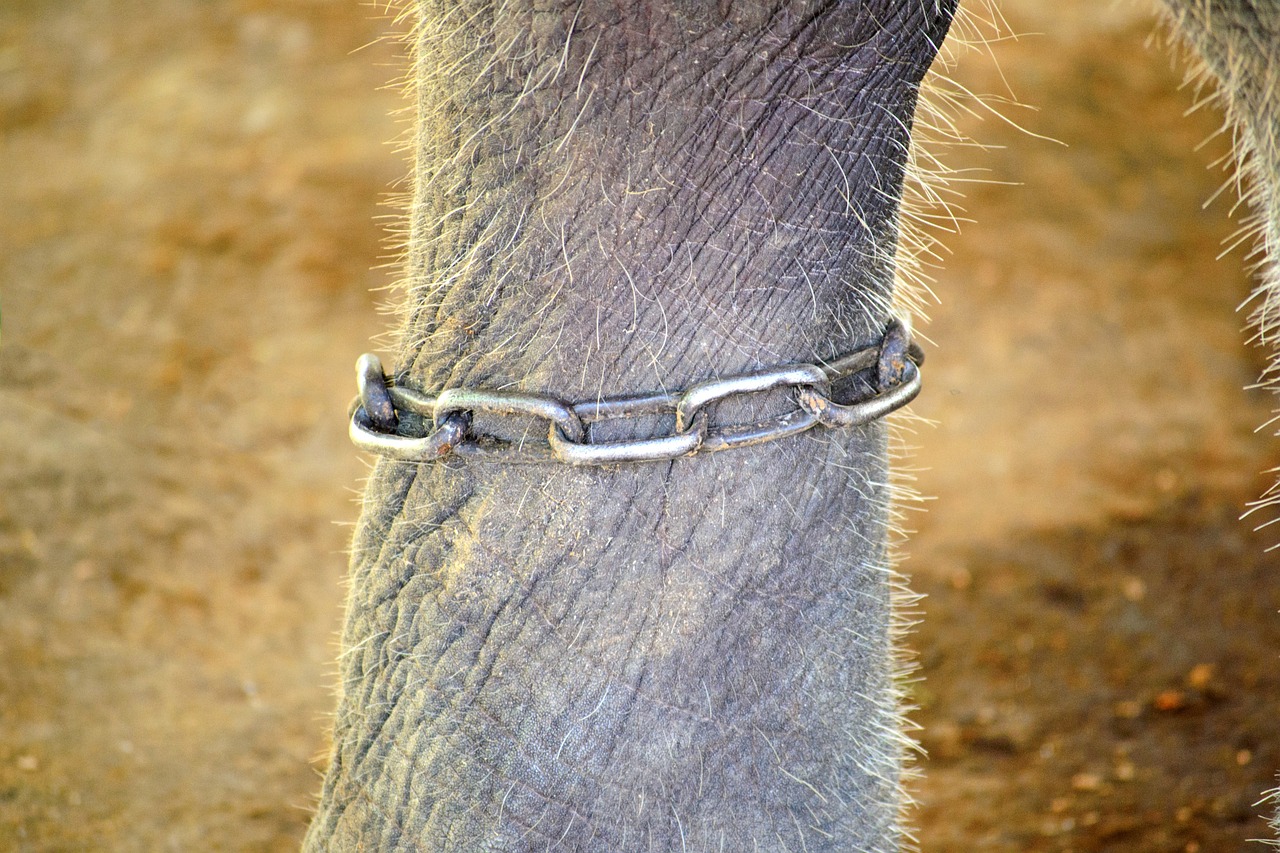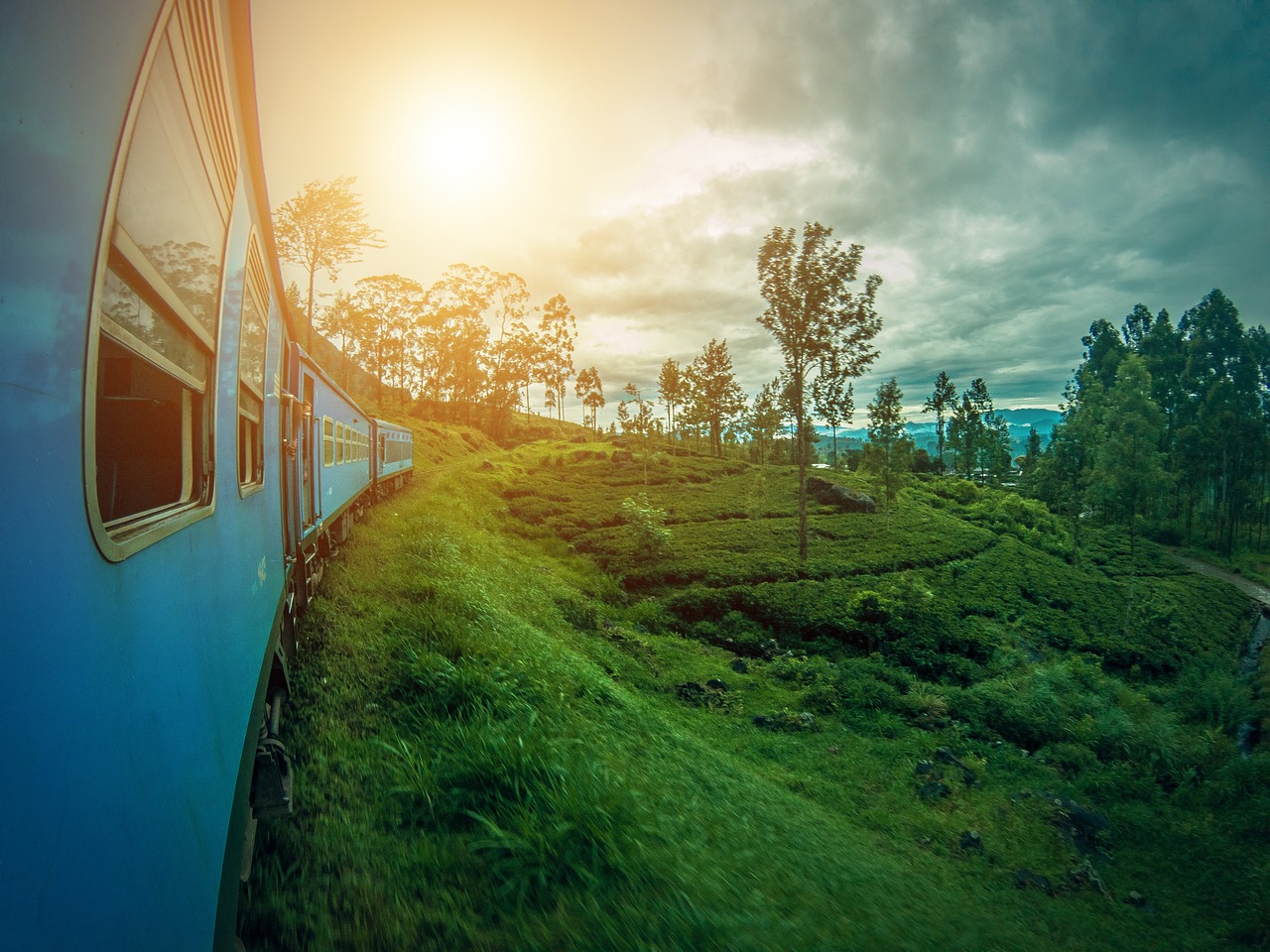Sri Lanka Video
Safety Tips for Remote Workers in Sri Lanka
With the rise of remote work opportunities, more and more individuals in Sri Lanka are opting to work from the comfort of their own homes or other remote locations. While this provides flexibility and convenience, it is important for remote workers to prioritize their safety and security. In this article, we will discuss essential safety tips for remote workers in Sri Lanka to ensure a secure and productive work environment.
Section 1: Secure Wi-Fi Networks
One of the first steps to ensure safety as a remote worker in Sri Lanka is to connect to secure Wi-Fi networks. Avoid using public Wi-Fi networks as they are often unsecured and can expose your sensitive information to potential hackers. Instead, invest in a reliable internet connection at home or consider using a personal hotspot for added security.
- Use a strong password: Set up a strong and unique password for your Wi-Fi network to prevent unauthorized access.
- Enable network encryption: Utilize encryption protocols such as WPA2 or WPA3 to secure your Wi-Fi network.
- Disable remote management: Disable remote management of your Wi-Fi router to prevent unauthorized access and control.
- Regularly update firmware: Keep your Wi-Fi router’s firmware up to date to ensure it has the latest security patches.

Section 2: Implement Strong Passwords
Creating strong and unique passwords for all your online accounts is crucial for maintaining security as a remote worker in Sri Lanka. Weak passwords make it easier for hackers to gain unauthorized access to your accounts and sensitive information. Follow these guidelines to implement strong passwords:
- Use a mix of characters: Include a combination of uppercase and lowercase letters, numbers, and special characters in your passwords.
- Avoid personal information: Do not use easily guessable information such as your name, birthdate, or address in your passwords.
- Use a password manager: Consider using a password manager tool to securely store and manage your passwords.
- Enable two-factor authentication: Enable two-factor authentication whenever possible to add an extra layer of security to your accounts.
Section 3: Protect Your Devices and Data
As a remote worker in Sri Lanka, it is essential to protect your devices and data from potential threats. Taking necessary precautions can help prevent data breaches and ensure the safety of your work-related information.
- Install reliable antivirus software: Use reputable antivirus software to protect your devices from malware and other malicious threats.
- Keep software up to date: Regularly update your operating system and applications to ensure you have the latest security patches.
- Enable device encryption: Encrypt your devices, such as laptops and smartphones, to safeguard your data in case of theft or loss.
- Backup your data: Regularly back up your important files and documents to an external hard drive or cloud storage for added security.

Section 4: Be Wary of Phishing Attempts
Phishing attempts are common online scams that aim to trick individuals into revealing sensitive information. As a remote worker in Sri Lanka, it is important to be cautious and vigilant to avoid falling victim to these scams.
- Verify email senders: Double-check the email addresses of senders, especially if they request sensitive information or seem suspicious.
- Avoid clicking on suspicious links: Be cautious of clicking on links in emails or messages from unknown sources.
- Be skeptical of unexpected requests: Be wary of unexpected requests for personal or financial information and verify their authenticity before providing any details.
- Report phishing attempts: If you receive a phishing email or encounter a suspicious website, report it to the appropriate authorities or your company’s IT department.
Section 5: Secure Virtual Meetings
As a remote worker in Sri Lanka, you may frequently participate in virtual meetings. It is important to ensure the security and privacy of these meetings to prevent unauthorized access and protect sensitive information.
- Use secure meeting platforms: Choose reputable and secure platforms for virtual meetings that offer encryption and password protection.
- Create unique meeting IDs and passwords: Generate unique meeting IDs and passwords for each meeting to prevent unauthorized access.
- Manage participant access: Control participant access by enabling waiting rooms or requiring registration for the meeting.
- Disable screen sharing: Unless necessary, disable screen sharing to prevent unauthorized sharing of sensitive information.
Section 6: Physical Workspace Security
Ensuring the security of your physical workspace is as important as protecting your digital assets. Implementing measures to secure your workspace can help prevent theft and unauthorized access.
- Lock your workspace: Keep your workspace locked when not in use to prevent unauthorized access.
- Secure sensitive documents: Store physical documents containing sensitive information in locked cabinets or drawers.
- Use privacy screens: Consider using privacy screens on your devices to prevent unauthorized viewing of your work.
- Shred sensitive documents: Dispose of physical documents containing sensitive information by shredding them to prevent identity theft.

Section 7: Stay Updated on Security Practices
Remote work security practices are constantly evolving, and it is essential to stay updated on the latest trends and best practices to ensure your safety as a remote worker in Sri Lanka.
- Follow industry news: Stay informed about the latest security threats and best practices by following reputable industry news sources.
- Attend security webinars or workshops: Participate in webinars or workshops focused on remote work security to enhance your knowledge and skills.
- Engage with online communities: Join online communities or forums where remote workers share security tips and experiences.
- Regularly review company policies: Familiarize yourself with your company’s remote work security policies and adhere to them.
Section 8: Take Breaks and Practice Self-Care
While focusing on remote work security is crucial, it is equally important to prioritize your well-being. Taking breaks and practicing self-care can help maintain productivity and reduce stress.
- Set regular breaks: Schedule regular breaks during your workday to rest and recharge.
- Engage in physical activity: Incorporate physical activity into your daily routine to stay active and reduce sedentary behavior.
- Maintain a healthy work-life balance: Define boundaries between work and personal life to avoid burnout.
- Practice mindfulness: Engage in mindfulness activities such as meditation or deep breathing exercises to reduce stress.
Section 9: Cybersecurity Training and Awareness
Enhancing your cybersecurity knowledge and awareness is vital for remote workers in Sri Lanka. By understanding potential threats and implementing best practices, you can better protect yourself and your work.
- Participate in cybersecurity training: Take advantage of cybersecurity training programs or courses to enhance your knowledge and skills.
- Stay informed about common cybersecurity threats: Educate yourself about common cybersecurity threats such as ransomware, phishing, and social engineering.
- Implement multi-factor authentication: Enable multi-factor authentication for your online accounts to add an extra layer of security.
- Regularly review and update security settings: Review and update security settings on your devices and online accounts to ensure maximum protection.
Section 10: Mental Health Support
Working remotely can sometimes lead to feelings of isolation or increased stress. Taking care of your mental health is essential for overall well-being and productivity.
- Stay connected with colleagues: Engage in regular communication with colleagues to maintain social connections.
- Seek support when needed: Reach out to friends, family, or professional support if you are experiencing mental health challenges.
- Practice stress management techniques: Explore stress management techniques such as deep breathing exercises or journaling to alleviate stress.
- Take regular breaks: Allow yourself regular breaks to rest and recharge, reducing the risk of burnout.
Section 11: Implement Data Backup Strategies
Data loss can be devastating for remote workers, impacting productivity and potentially causing financial loss. Implementing data backup strategies is crucial to protect your work and ensure business continuity.
- Use cloud storage: Utilize cloud storage services to automatically back up your important files and documents.
- Regularly perform local backups: Back up your data to an external hard drive or other storage devices on a regular basis.
- Test your backups: Periodically test your backups to ensure they are functioning properly and can be restored if needed.
- Store backups securely: Keep your backups in a secure location to prevent unauthorized access or loss.
Section 12: Conclusion
Working remotely in Sri Lanka offers flexibility and convenience, but it is essential to prioritize safety and security. By following the safety tips outlined in this article, remote workers can create a secure work environment, protect sensitive information, and ensure a productive remote work experience.
References
– Norton: www.norton.com
– McAfee: www.mcafee.com
– StaySafeOnline: www.staysafeonline.org
– Cybersecurity & Infrastructure Security Agency (CISA): www.cisa.gov
– World Health Organization (WHO) – Mental Health: www.who.int/mental_health


